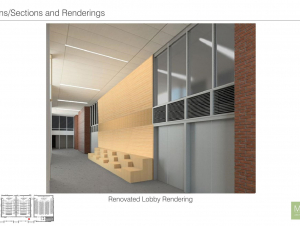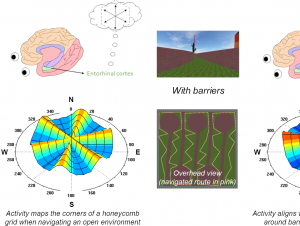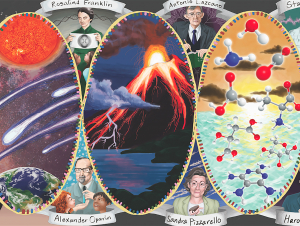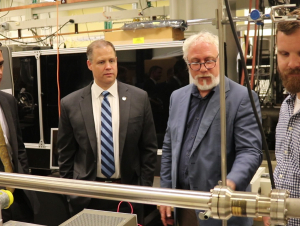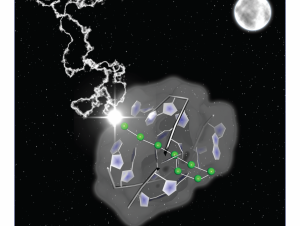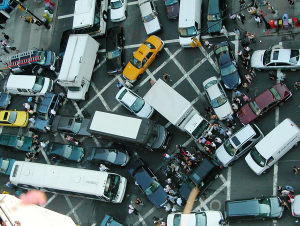To request a media interview, please reach out to experts using the faculty directories for each of our six schools, or contact Jess Hunt-Ralston, College of Sciences communications director. A list of faculty experts is also available to journalists upon request.
Latest News
Originally constructed in 1967, the Howey Physics Building is undergoing a major renovation for the first time in more than 50 years.
Studies using rats have shown that navigation in open environments creates a honeycomb-like grid of brain activity. When barriers are present, the neural map breaks into fragments, each mapping only the space between the barriers. Does the same thing happen in humans? If so, our brains needing to piece together different maps could explain why we struggle to point accurately between two locations separated by barriers
It nearly baffled researchers to see amino acids that make up life today spontaneously link up under lab conditions that mimicked those of pre-life Earth. The amino acids formed short predecessors of today's proteins even though researchers made it hard on the amino acids by adding non-biological competitor molecules. They thought the competitors would chemically out-game the biological amino acids, but instead, natural chemistry preferred the life building blocks by a very wide margin.
NASA Administrator Jim Bridenstine and Georgia Congressman Tom Graves this week toured the School of Chemistry and Biochemistry to get updates on the latest space exploration-related research.
In a future where self-driving and other internet-connected cars share the roads with the rest of us, hackers could not only wreck the occasional vehicle but possibly compound attacks to gridlock whole cities by stalling out a limited percentage of connected cars. Physicists calculated how many stalled cars would cause how much mayhem.

